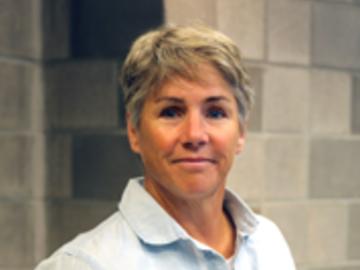
About the Network
Understanding & improving the newcomer experience in Canada
Canada celebrates its diversity and welcomes newcomers from around the globe. Well known for its friendly immigration and refugee policy, immigrants flock to Canada from diverse ethno-geographical backgrounds, with accompanying differences in cultural and social norms.
As the fourth largest city in Canada, Calgary has the highest immigrant population following Toronto, Vancouver and Montreal. The city’s diverse population includes an eclectic mix of 240 different ethnic groups, with more than 25% of people born in countries other than Canada. It’s projected that by 2020, Calgary’s immigrant population will swell to close to half a million.
What happens to people and families once they have made the transition from immigrant to newcomer in Canada? How do they successfully integrate into Canadian society? The fields of settlement, health and social care, and education are critical spaces of community connection and practice sites for fostering the successful integration of newcomers.
Front-line professionals such as primary care providers, teachers, settlement workers and employment counsellors are often the first point of service contact for newcomers. They play a critical role for ensuring initial access, referral and encouraging appropriate use of community-based systems and services. Their ability to effectively engage with newcomers is dependent on their intercultural expertise with people from diverse cultural and linguistic backgrounds. The capacity of newcomers to access, persist and benefit from community-based institutions is influenced by their ability to successfully navigate Canadian systems.
What is the Newcomer Research Network?
Launched in the fall of 2016, the Newcomer Research Network aims to address key challenges facing newcomer Canadians. Through funding received as part of UCalgary’s Human Dynamics in a Changing World strategic initiative, the network facilitates research partnerships to inform professional education, policy and service provision with newcomers, including immigrants, refugees and international students.
Our team is deeply committed to working collaboratively with community partners to understand the issues faced by newcomers and effectively shape future training, policy and practice. We’re examining how intercultural competence is understood, practiced and assessed, from the perspectives of both professionals working with newcomers and immigrants whose integration is dependent on accessing and participating in community-based institutions.
Goals
Engagement with community partners.
We’re building relationships and fostering community engaged research.
Coordination of research initiatives.
The network serves as the hub for newcomer research and matches community needs and research expertise.
Advocacy for resources and support.
We work in partnership with community stakeholders to disseminate research findings with the ultimate goal of informing policy and enhancing practice.
Lead Research Team
Our interdisciplinary team of established and emerging researchers represents a diverse array of interests that affect newcomers. Our research encompasses intercultural competence, social justice, education, access to healthcare, well-being, communication, literacy and abuse prevention.








